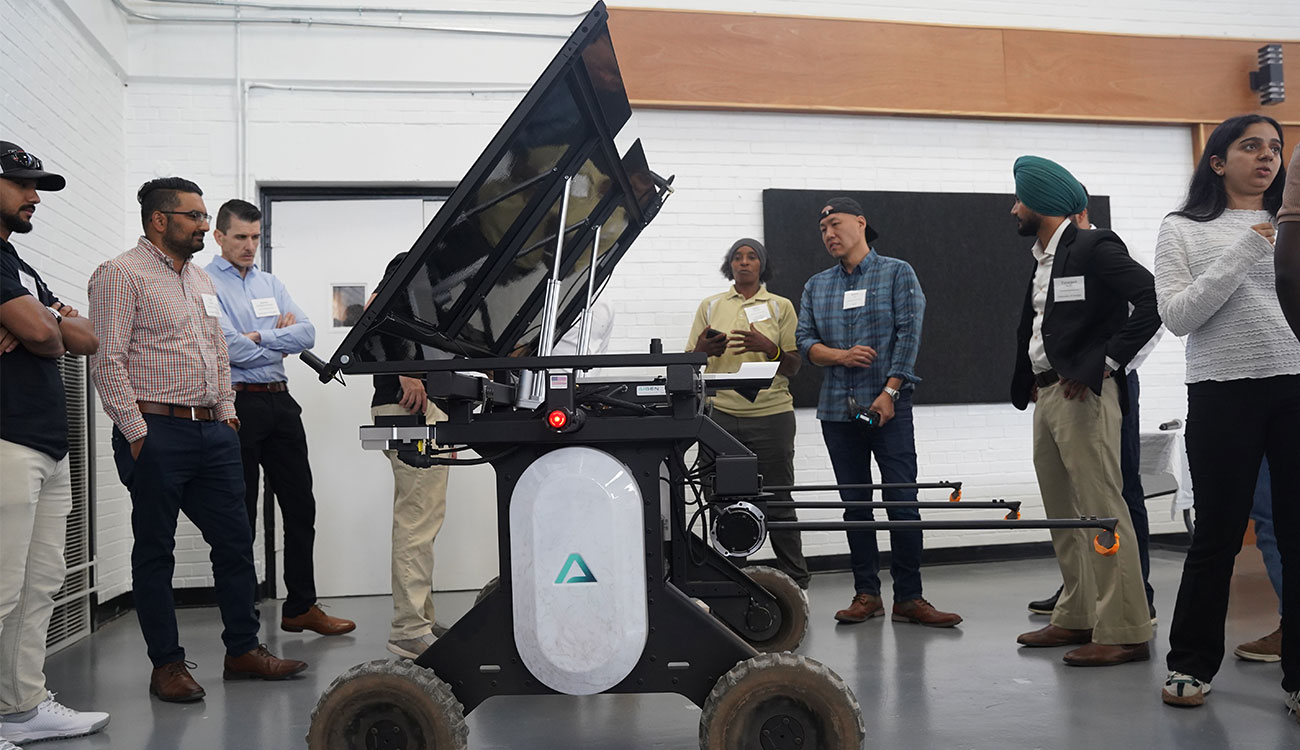By Cat Holmes
University of Georgia
That's because, unlike apples, peaches have never been the subject of a coordinated effort to develop and implement pest management strategies for the crop, said Harald Scherm, a University of Georgia plant pathologist.
Now, however, with a $1 million U.S. Department of Agriculture grant, Scherm and his collaborators from New Jersey to Florida will document peach pest problems, study the biology of key pest species and develop integrated pest management strategies.
With IPM, growers will be able to apply pesticides less often and use safer pesticides effectively.
The fact that IPM for peaches hasn't been developed isn't because peaches don't have pest problems. "The South provides a long growing season, high humidity and temperatures that favor both peaches and a wide array of pest species," Scherm said.
However, until recent years, growers could use broad-spectrum pesticides.
"These were basically silver bullets," Scherm said. "Timing wasn't important because they stayed around for a long time and killed a lot of pests."
Unfortunately, broad-spectrum pesticides like methyl parathion, which was used heavily on peaches, didn't kill just pests. They killed most of the insects, both good and bad, that they were sprayed on.
The Food Quality Protection Act prompted a review of these chemicals and their demise, Scherm said. Since the late 1990s, many of these pesticides have been phased out. Most of the ones available now have a narrower spectrum of activity. They don't kill a great number of insects -- just certain targeted ones.
One result is that secondary pests are building up.
"For example, scale insects have built up tremendously," Scherm said. "A few scales aren't a big problem, but in high numbers, they kill twigs and leave unsightly purple blotches on the fruit. Growers are struggling to find solutions to that problem right now."
At the same time the silver bullets were being phased out, other problems developed. Certain peach pathogenic fungi have gained resistance to fungicides.
So if ever there were a good time to coordinate the effort to develop IPM for peaches, this is it, Scherm said.
The researchers will address three main areas. One, they'll look at trimming the number of pesticide applications. "This is critical for peaches because they're sold mainly as fresh fruit and are popular with children and infants," Scherm said.
Research will also address timing, so pesticide applications coincide with pest activity. This will require detailed investigations of the biology and life cycles of certain pest species.
Finally, the group will look at using reduced-risk pesticides and biological controls, which will lower the risk to the environment and human health.
Other UGA cooperators on the grant include entomologists Dan Horton and David Jenkins and plant pathologist Phil Brannen.
Peach producers and processors, members of the Environmental Protection Agency and other stakeholders will also provide input.






